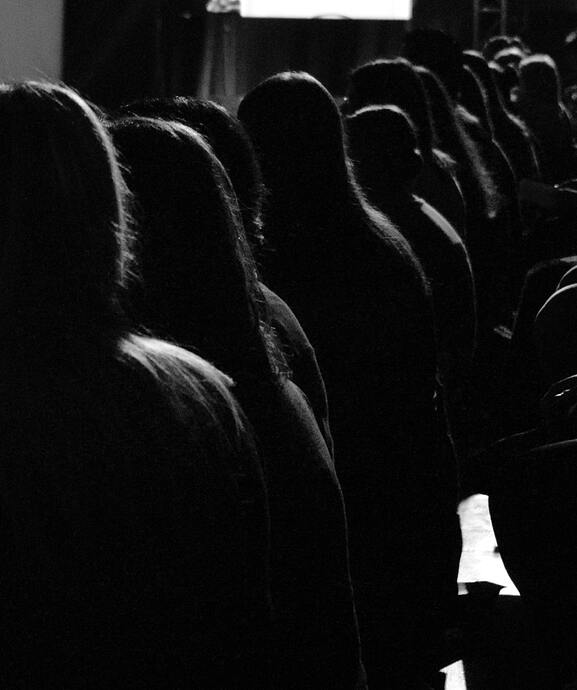Introduction
Agency is the ability to act to produce change in the direction you want, and be accepted by others. Populist movements claim to offer frustrated citizens agency to change the status quo.
But what kind of agency do people in central and eastern Europe actually want, and how do different populist movements respond to this?
In this panel we will be exploring the following topics:
The link between populism and geopolitics. Perceptions of agency in the east and west (focus on differences in western and Russian perceptions of international agency).
The tension between individual and collective. How different ideologies define what an individual is, and why this matters.
Nationalism in politics and governance: The impact of crises in the years 1989-2019.
Agency in the digital age: How new media amplify polarisation and feed the status quo against social change.
Agency in the economy: How polish elites shaped a new form of authoritarianism in the economy/ how unlikely populist alliances can drive change in systems shaped by big money.
This online session will consist of a moderated panel, followed by an open floor peer to peer discussion. The objective is for participants to leave with new insights and connections with peers across the continent
Panel
Jan ŚPIEWAK: Polish politician, sociologist, publicist, social and local government activist, co-founder of the Association Miasto Jest Nasze (MJN)
Jesper AHLIN MARCETA: Swedish philosopher, journalist and philosopher currently serving as deputy political editor at VLT](Ledare (lib) – VLT) and Liberal Debatt. His main interests are the philosophy of liberalism and the history of ideas. As an academic, his research has touched on individualism, personal autonomy and political idealism.
Liisa TALVING: Researcher at Johan Skytte Institute of Political Studies at the University of Tartu. Liisa’s research interests lie in comparative electoral behavior, economic voting and economic policy.
Andrey MAKARYCHEV: Professor of Government and Politics at the University of Tartu, Estonia, and Associate Senior Researcher at CIDOB (Barcelona Centre for International Affairs). His areas of expertise are Russia - EU relations, post-Soviet countries, mega-events in Eastern Europe and Eurasia, and issues of bio politics.
Magdalena GORALSKA: Researcher at the Kozminski University in Warsaw, lecturer and a Ph.D. candidate at the University of Warsaw. Currently studies medical controversies, discourses on genetically modified plants in US and Europe, instances of online misinformation, practices of science communication and knowledge production in open collaboration communities.
Nadia Oleszczuk: Feminist activist, working for the reproductive rights and labor of women in the Women’s Strike. Leader of the Confederation of Youth Work OPZZ. The heroine of the Defend the Defenders campaign. She was on the 25under25 McKinsey & Company and Forbes list in 2022.
Jakub Rok: Ph.D., is an environmental activist and a scholar, who studies the environmental costs of suburbanization, juxtaposing air pollution levels and various approaches to well-being. Jakub has been engaged in numerous research projects on local and regional development, organizational learning, and the economics of education.
Agenda
13:30 (pre event mingle): The video channel opens for people to drop in and connect before the session
14:00 - 14:40 Moderated panel
14:40 - 15:30 Discussion (open floor)
About the Organisers
The event is organised in partnership with University College London, UK, Tartu University, Estonia, Jagiellonian University, Poland, Charles University, Czech Republic, and Corvinus University of Budapest, Hungary). The event is the final conference of PopRebel, a European research project on neo-feudalism and neo-traditionalism. It is coordinated by Edgeryders OÜ - A non profit think-tank based in Estonia. We help groups and organizations to harness the power of collective intelligence for wiser, more effective ways to work together and make decisions.
Register
The event is free to attend provide you RSVP. To do that, please use the form below. You can find more info about the different panels on the main conference page.
This project has received funding from the European Union’s Horizon 2020 research and innovation programme under grant agreement No 822682.
